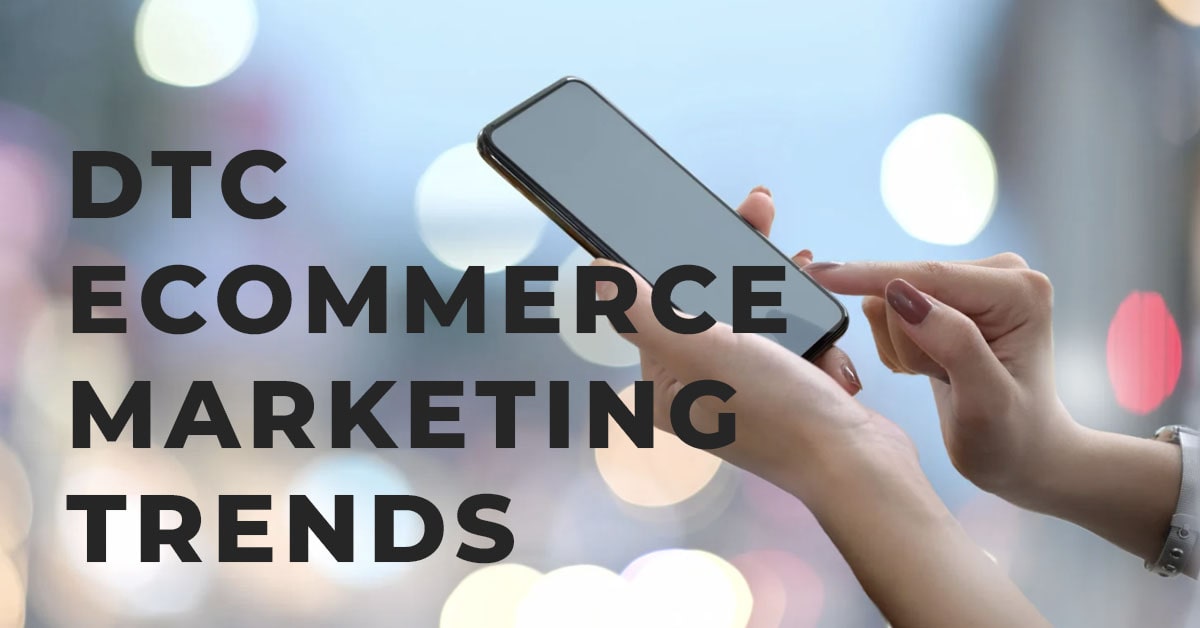
7 Areas to Focus on to see DTC Ecommerce Growth in 2024
Brands that adopt and adapt to the latest marketing trends are the ones that win. Let’s take a look at today’s pivotal marketing trends and uncover strategies that not only foster growth but also deepen consumer connections in the DTC space.
Listen to the podcast episode:
1. Personalization at Scale
The era of one-size-fits-all marketing is over! Today, brands are leveraging data and AI to offer personalized shopping experiences. From product recommendations based on browsing history to personalized video marketing campaigns by using SundaySky, brands that tailor messaging to individual preferences are seeing higher engagement rates and increased brand loyalty.
2. Social Commerce Integration
Social media platforms are no longer just for brand awareness; they’ve evolved into powerful sales channels. The integration of shopping features on platforms like Instagram, TikTok, and Facebook allows consumers to make purchases without leaving the app. DTC brands are capitalizing on this trend by creating seamless shopping experiences that leverage social proof and influencer partnerships.
3. Sustainability and Transparency
Today’s consumers are increasingly value-driven. They prioritize sustainability and ethical practices in their purchasing decisions. And DTC brands that communicate their commitment to sustainability transparently are building trust and loyalty. Brands that align their operations and marketing with these values are distinguishing themselves in a crowded market.
4. Leveraging User-Generated Content
UGC is a powerful tool for DTC brands. Reviews, unboxing videos, and social media posts from consumers provide authentic insights into the brand experience. Encouraging and showcasing UGC not only enhances credibility but also engages the community, turning customers into brand ambassadors. Tip: don’t confuse UGC with general influencer marketing. It is not the same thing.
5. Mobile Optimization and AR Experiences
Most DTC brands are focusing on mobile-first website designs and checkout processes. Augmented Reality (AR) is also gaining traction, offering virtual try-ons and immersive product previews. These technologies enhance the online shopping experience, reducing hesitation and improving conversion rates.
6. Direct Engagement Through Conversational Marketing
Chat platforms like Gorgias and messaging apps are enabling DTC brands to engage with customers directly and in real-time. Conversational marketing enhances the customer experience by providing personalized assistance, from product recommendations to support. This direct engagement fosters a sense of connection and responsiveness that can significantly boost customer satisfaction and loyalty.
7. Agile Supply Chains
The ability to quickly adapt to demand fluctuations and supply chain disruptions is crucial. After 2020, we saw DTC brands develop more agile and transparent supply chains to ensure customer satisfaction. This agility not only mitigates risks but also enables brands to be more responsive to market trends and customer needs.
The landscape of DTC ecommerce is dynamic, driven by technological advancements and shifting consumer expectations. By embracing these marketing trends, brands can create more engaging, personalized, and sustainable shopping experiences.
